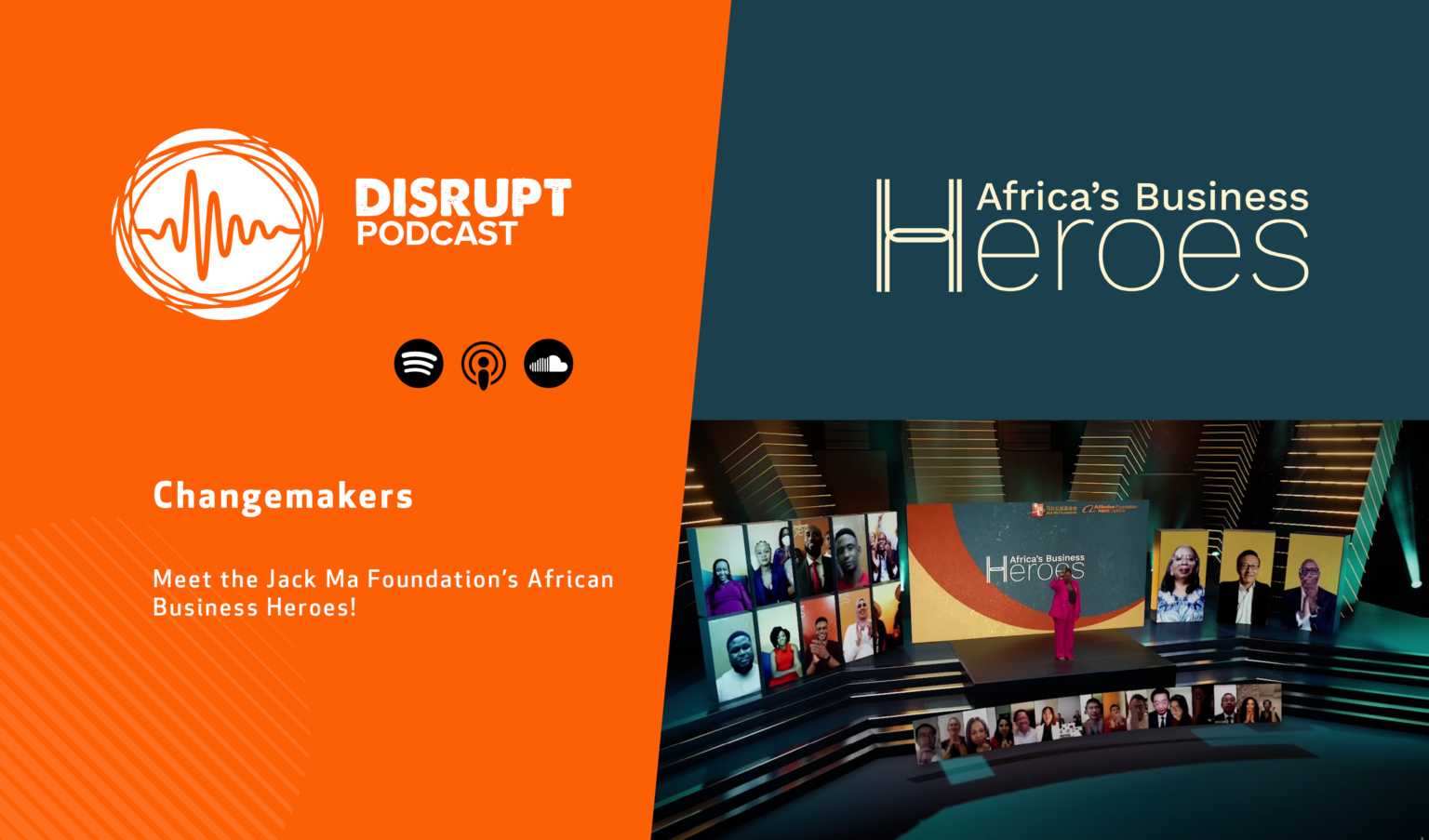There is an argument that any African business is a social impact business, but is that true? And what are the repercussions of being a social venture on the continent?
Disrupt Africa has partnered the Jack Ma Foundation’s Africa’s Business Heroes Programme to release a special four-part podcast series discussing the benefits of the initiative with previous winning founders.
Episode four focused around the experiences of founders running social impact businesses on the continent, and saw co-hosts Gabriella Mulligan and Tom Jackson talk to Ikenna Nwezi, CEO and co-founder of Nigerian agri-tech startup Releaf, and Diarra Bousso, founder of Diarrablu, a high contemporary lifestyle brand.
Nwezi said a focus on social businesses in Africa is important, given the pivotal role such companies play developmentally on the continent.
“There is certainly an argument that all businesses in Africa are social enterprises, it really depends on your perspective when looking at social as opposed to non-social. All businesses should create some kind of profit, or economic surplus, or value to users, and so in that way all businesses can have positive social externalities,” he said.
“Social businesses are often characterised as those that have beneficiaries that are those that are not the most fortunate in the global economy, and so if that perspective is used many businesses in Africa, maybe besides those that charter jets to travel around the continent, can be characterised as social.”
Social businesses do face particular challenges, however.
“There can be a view from some investors that ventures need to choose impact or profit, and I don’t believe that that’s the case. We’ve seen that when people think of agricultural businesses, they think of poverty, and they think of grant capital. And that’s just not the case,” Nwezi said.
But can impact and profit truly go together?
“We believe that for-profit businesses have the most ability to reach scale and achieve mass distribution,” Nwezi said.
Bousso says the argument that every business in Africa is a social business is a little misleading, but says African companies are more likely to lean towards impact as there are so many challenges to be resolved.
“If a business provides affordable healthcare in a low-income community, and is generating profit but also filling a social need, they can be described as social, or if a business hires and trains young people, this is another way of being positioned as a social enterprise. In some African countries the private sector plays an increasing role in addressing social challenge when in the past it used to be governments,” she said.
“But then we became so entrepreneurial we said we were going to solve it ourselves, and in the absence of reliable infrastructure some businesses have stepped in to provide this support. They are still businesses, but they help communities. I think for a business to be successful, it needs to help people. It needs to be scalable. You need to make money, it is how you are going to grow your business.”
For social businesses, as with any business, scaling is the biggest challenge. Bousso says she cannot compete with larger fashion brands that produce quicker because they manufacture in China.
“I’m OK with that, I’m OK with building slowly, as long as I’m building sustainably.”
Applications for the fifth edition of the Africa’s Business Heroes initiative, a philanthropic programme to support African entrepreneurs, are open here until May 12.


